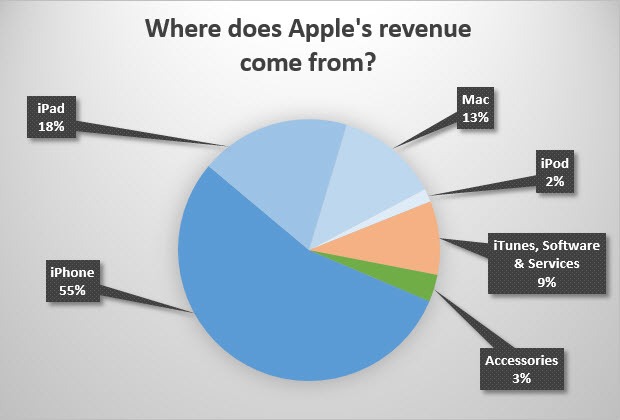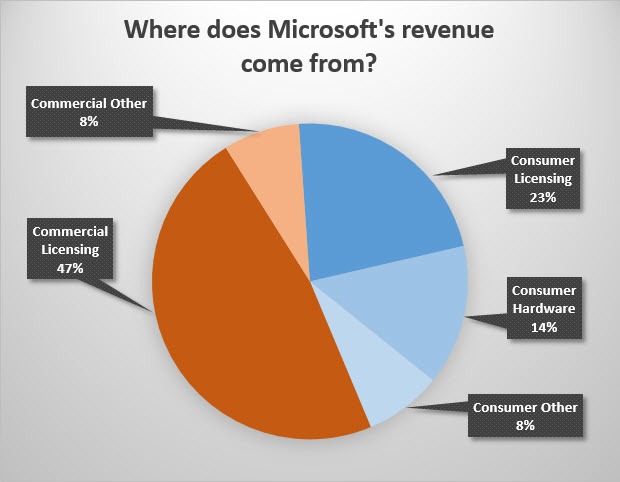Remember the early days of Microsoft? at war with Apple in the marketplace and in the courts – each one racing to dominate the personal computer universe – allegations that this one stole that but from the other one and so on. Seems Microsoft won that early round by focusing on its Operating System and making it available to PC manufacturers all over the world. Apple kept its OS proprietary and bundled it with its own hardware, relegating itself to boutique status.
But that’s 30 year old news. When Steve Jobs came back to Apple he took the company in a dozen new directions, and changed everything. Not just Apple, not just business in general: he changed the world. We consume music today completely differently than we did at the end of the last century thanks to his Ipod and ITunes store. The IPhone has replaced the camera as the most widely used image capture device. The success of the IPad at least contributed to Microsoft’s decision to make its current operating system – which, by the way, is a bit of a disaster – touch capable.
After years at the bottom of the barrel, Apple is more profitable than Microsoft. The two companies were in a dead heat in 2010. But look at what’s happened since:

(The steadily rising red bar is Google. The lion’s share of its revenue comes from its websites, largely via advertising.)
Today, Apple’s core business is not the Mac. That bit of bundled hardware/software is responsible for only 13% of its revenue. The IPad is 18% and the IPhone is 55%. Apple’s core business is now in your purse or pocket!

Now take a look at Microsoft and where its revenue comes from:

70% of what they bring in comes from licensing! Licensing what? Well, Windows of course, but there are other things as well, notably, Microsoft Office. In fact, in the fiscal year ending June, 2013, $16 Billion of Microsoft’s nearly $27 Billion in Operating Profit were generated by the MS. Office dominated Business Division.
Microsoft has a new CEO. Satya Nadella took over for Steve Ballmer a couple of months ago. Ballmer was a wild man (the bald guy):
And, he was very protective of Office. He led Microsoft through a time when it – like Apple – held tightly to its products and property. It was this protectiveness that enabled Google to gain so much so quickly. They popped on the scene making their products available for free and also available for anyone to use and develop!
All of which takes us to this week, when Satya Nadella holds his first press conference. He is expected to announce that Office 365 will become available for use on the IPad. According to Charles Cooper at CNet, “The decision to make Microsoft’s cash cow available on a product sold by one of its arch rivals not only breaks with a long Windows-centric history, it also sends a signal from the new boss that more big changes are in store.”
The lesson from these tech giants is that the game is always changing, the bullseye is always shifting, and the nature of the business evolves. Extinction occurs when we stand still and cling to what once was.

